When it comes to your baby's general health, you should always aim to know what's best for your child, including what they eat and drink and when to introduce them.
It’s a subject of contrasting opinions regarding babies drinking fruit juice. In this short guide, you'll understand how and when to feed your baby fruit juice.
Is it safe to feed a 6-month-old baby fruit juice?
Your baby doesn't require any extra water or milk during the first six months of life because they obtain all the nutrition and fluids from breast milk or formula. Given its lack of nutritional value and high sugar content, fruit juice is not advised for infants younger than one-year-old.
Fruit juice is generally not advised for infants younger than a year old since their digestive systems are still growing and because whole fruits contain essential nutrients that fruit juice does not.
It is recommended to continue giving breast milk or formula until when introduce you solid foods to your six-month-old baby. You can gradually introduce juices later after proper dilution and limited use to prevent overindulgence in sugar.
How to feed babies fruit juice
You can introduce fruits to babies as purees or mashed fruits when they are about six months old. Mashed bananas, boiled and pureed apples, or mashed avocados are good starting single-ingredient purees.
You can progressively introduce different fruits and textures to your baby as they get bigger and more acclimated to solids. When giving your baby food, always make sure the fruits are soft, boiled, or mashed to avoid choking dangers and keep a tight eye on them.
Also using a mesh feeder can be a great way to introduce whole fruits to babies. With the help of a mesh feeder, newborns can safely sample and explore a wide variety of foods, including fruits and vegetables. It has a mesh pouch where food is inserted and a handle.
Here's how to use a mesh feeder for fruits:
Prepare your fruits: Cut the fruit into small, manageable pieces that will fit into the mesh feeder; make sure the pieces are large enough not to pass through the mesh holes. Choose ripe, soft fruits like bananas, ripe pears, or peeled and seeded fruits like melons or peaches.
Put them in the mesh feeder: After opening the mesh feeder, add the cut fruit pieces. To stop fruit from dropping out of the feeder, firmly close it.
Help your baby: Assist your infant to grab and suck on the mesh feeder by holding it by the handle. This reduces the chance of choking while yet enabling them to savour the fruit's flavour and texture.
Keep an eye on your baby: To make sure your infant is securely exploring and enjoying the fruit, you should always keep an eye on them while they use the mesh feeder. Keep an eye out for any indications of pain or choking.
Consult your healthcare provider: It’s very important to carry your healthcare provider along on this journey and get directions from them about what you are about to start giving your baby.
Fruit juice lacks essential nutrients found in whole fruits and may raise sugar intake, which can lead to tooth decay and unhealthy weight gain in young children.
Consequently, infants younger than a year old shouldn't consume fruit juice because their digestive systems are still developing and they might not be able to handle it well.
It is advisable to allow them to have whole fruits and breast milk or formula because of their nutritional value and overall health benefits.
Frequently Asked Questions (FAQ)
Will fruit juice cause diarrhoea in babies?
Fruit juice may cause diarrhoea in babies if given too early or in large amounts. Again, some babies may have difficulty digesting certain fruits and juice.
Can I mix water in my baby's fruit juice?
You can combine fruit juice with water for your baby. Fruit juice for infants should be diluted with water, especially if the baby is younger than a year old.
Can babies drink fruit juice?
Although babies above 6 months can drink fruit juice, it is generally advised to hold on until they are approximately a year old. Before that age, fruit juice might satisfy their tiny tummies without offering much nutritious value.





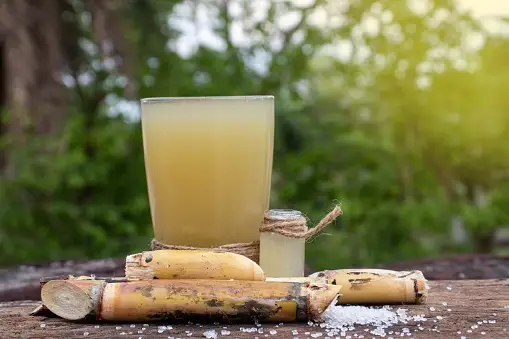
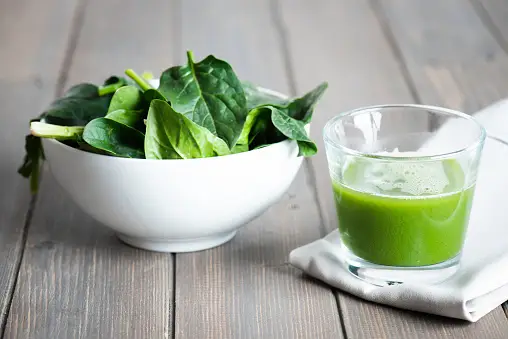
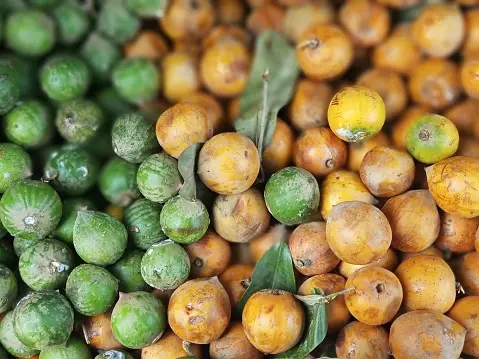
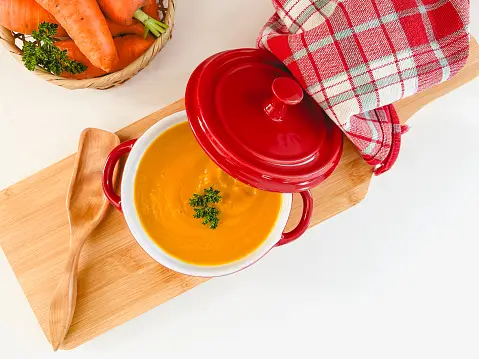
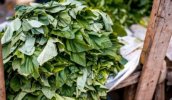
Comments